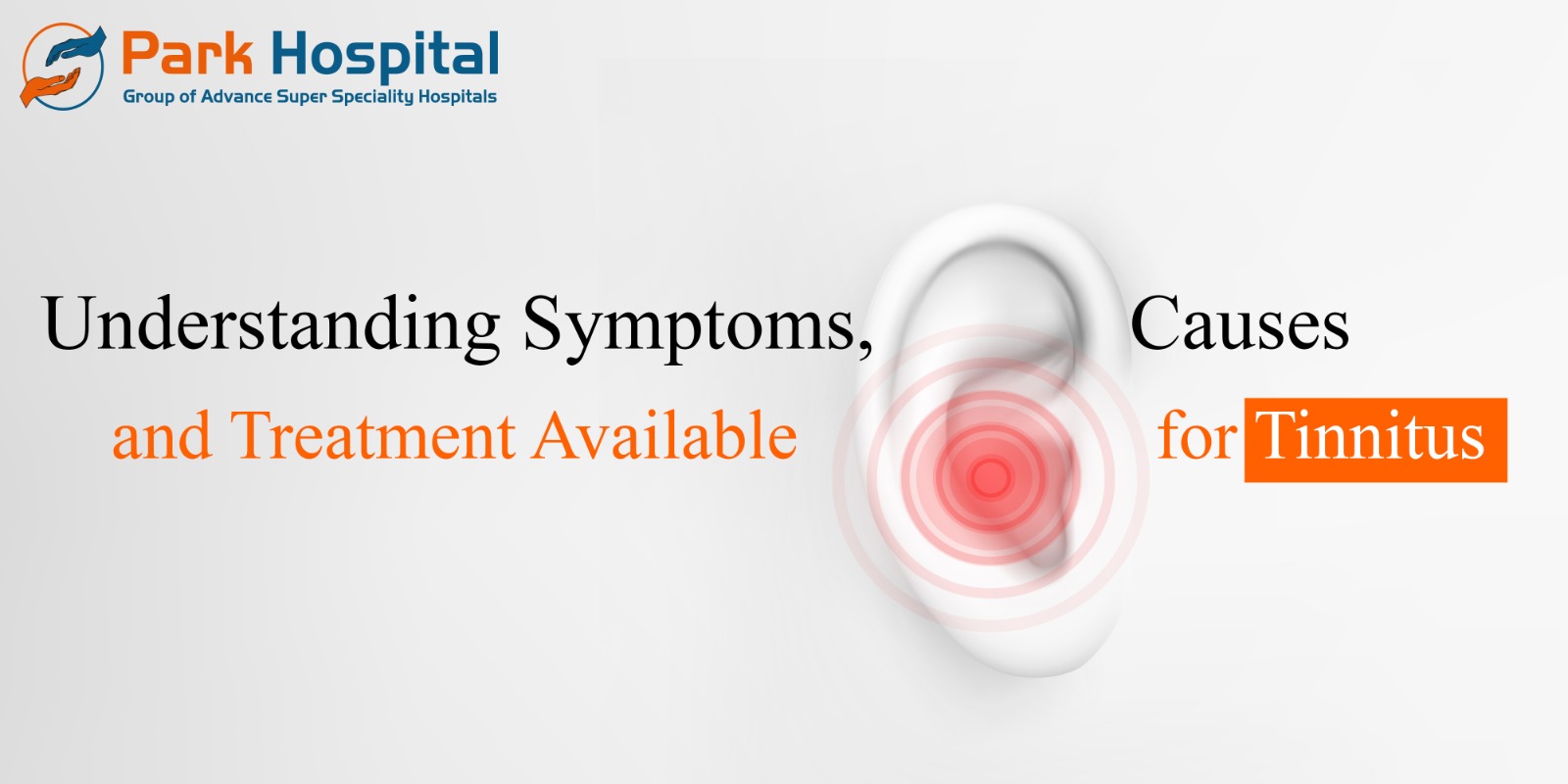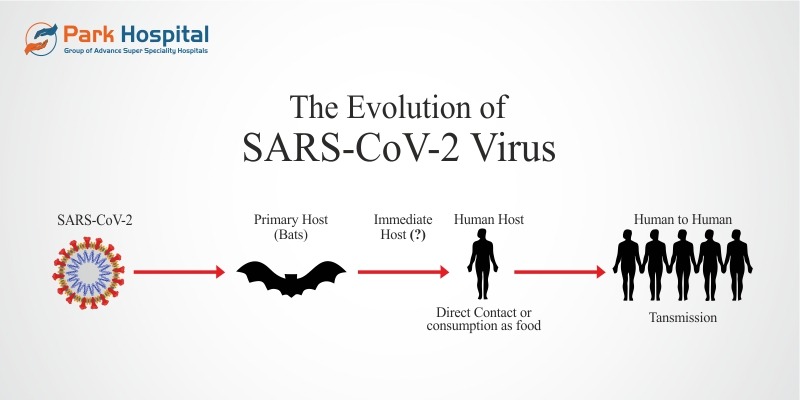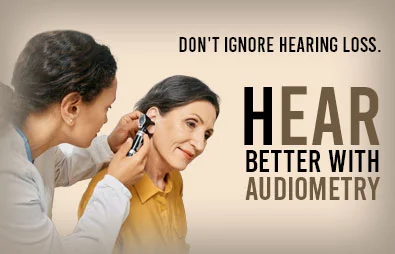Imagine if you heard a ringing sound continuously with no conceivable source. Tinnitus is the perception of sound, often ringing or a whistling, buzzing, clicking sound with no physical source for the sound. This is usually a symptom that presents itself as part of an underlying problem or is unexplainable. Most often people who have tinnitus may experience mild discomfort being able to draw their own attention away from the sound but sometimes a person with tinnitus can be so disturbed by the chronic nature of the sound that it leads to depression and isolation.
Tinnitus symptoms and variations
Tinnitus symptoms can vary from person to person. Regardless, tinnitus symptoms are characterised by phantom sounds.
Sounds like ringing, clicking or buzzing.
The sound intensity can vary from person to person and may be low in pitch for some people or high for others.
It could also be experienced in one or both ears.
It may be continuous for some or may come and go.
Some forms of tinnitus symptoms do not cause much bother while sometimes tinnitus symptoms can be extremely disturbing that it creates havoc in a person’s life.
Causes of tinnitus
Causes for tinnitus can vary since tinnitus in most cases is a symptom of an underlying condition. In most cases, the underlying condition is related to the ear itself. Here are some common causes of tinnitus.
Age-related hearing loss: This is when the tiny hairs in the inner ear are bent or broken. This causes random electrical impulses to be transmitted to the brain. This is a common cause of tinnitus.
Ear damage due to exposure to loud noises: Frequent and prolonged periods of listening to loud sounds can cause similar damage in the inner ear and cause tinnitus.
Infection or blockage in the ear: When the ears are blocked due to infection or buildup of earwax, etc, tinnitus symptoms may appear.
Injury: Injury to the head or neck region may damage the inner ear or related nerves that can cause tinnitus symptoms in one ear.
Medication: Certain drugs such as nonsteroidal anti-inflammatory drugs, cancer drugs, antimalarial drugs, and certain antibiotics, are known to cause tinnitus symptoms. Tinnitus disappears once the medication is stopped.
Other causes for tinnitus
Meniere’s disease: This is an inner ear disorder caused by abnormal inner ear fluid pressure. Tinnitus is a common symptom of Meniere’s disease.
Temporomandibular joint (TMJ) disorders: The TMJ is the joint connecting the lower jaw to the skull. Inflammation or any such disorder at the TMJ causes tinnitus symptoms often.
Muscle spasms in the ear: Muscle spasms can take place in the inner ear which causes tinnitus symptoms along with a feeling of fullness in the ear and loss of hearing.
Acoustic neuroma: Acoustic neuroma is a benign tumor that develops on the cranial nerve connecting the brain to the inner ear. Tumors in the head and neck region can also cause tinnitus.
There are also a host of other causes known to be associated with tinnitus such as blood disorders. Pulsatile tinnitus is associated with anemia or even blocked arteries where the sound may be synchronised with one’s pulse.
Diagnosing tinnitus
If you find you have symptoms of tinnitus, do not get alarmed or panic. You can first consult a general practitioner who will check your ear canal for earwax or any fluid from an ear infection. You could also take an appointment with an ENT in the first place to describe your medical history and help investigate for any other underlying medical conditions.
You may also be referred to an audiologist who will test your hearing and see if your tinnitus symptoms may be associated with loss of hearing. Imaging tests are used to investigate structural medical conditions that could be causing tinnitus.
If you find that there may be no underlying medical condition that can be addressed to stop tinnitus sounds then it may mean you can expect the condition to be chronic. In that case you may want to consult with an audiologist that has the experience of working with patients suffering from tinnitus.
If you wish to consult for tinnitus, make an appointment with Park Hospitals which has one of the best ENT Departments that has the experience to handle your problem with tinnitus with care and proper treatment.
Treatment of tinnitus
Tinnitus treatment mainly consists of addressing the root cause. However, when no underlying medical condition can be found, doctors may suggest methods to manage tinnitus to prevent it from disturbing normal life. These are some common strategies
Hearing aids: This is the most common instrument that a doctor suggests that may directly help hearing loss that causes tinnitus as well as help increase the volume of external sounds that can drown out the ringing sound of tinnitus or distract you from the sound in your ears.
Sound generators: These are simple sound-generating devices or even applications that may be downloaded on your phone that help drown out the sounds of tinnitus. There may be several ambient sounds to choose from that are soothing and help keep the sounds of tinnitus in the background. These methods also help the patients focus away from the tinnitus sound and grow accustomed to it.
Tinnitus Retraining Therapy: This is a form of habituation therapy to help the person reach a level of habit with the sounds that it no longer causes the patient to react, respond or even perceive the sound. It is usually coupled with sound therapy but also works on the premise that the brain can be retrained to ignore the sounds.
Classification of tinnitus
Many times in therapy a person suffering from tinnitus may be classified into categories based on associated symptoms such as hearing loss or hyperacusis. Hyperacusis is the increased sensitivity and low tolerance to environmental sounds. So people may be categorised by tinnitus with hearing loss, tinnitus with no hearing loss, tinnitus with hyperacusis and tinnitus with hearing loss and hyperacusis.
Prevention of tinnitus
The most effective way to protect one’s self from tinnitus is to avoid loud sounds for extended periods of time. Reducing the volume while using earphones, and using earplugs in loud environments, are some ways to protect your ears.
Conclusion
Tinnitus is a common problem found in around 15% of all adults and can be addressed with an experienced team of ENT specialists. While most cases of tinnitus may not cause a problem for people there are cases where it may disturb normal functioning. As a preventive measure it helps to protect your ears from loud sounds and environments.
FAQs
Can tinnitus be cured?
Tinnitus can be treated for the underlying condition that is causing tinnitus. However, chronic tinnitus with no underlying medical condition can only be managed using various masking and habituation therapies.
Is tinnitus a serious condition?
Tinnitus can be a serious problem for those people who experience ringing or other sounds continuously at a high pitch. This can disturb normal functioning and even cause depression for those who do not receive treatment.
Is tinnitus the same as hearing loss?
Tinnitus is a common symptom of hearing loss. However, tinnitus is also a symptom of several medical conditions associated with the ear and can occur without the loss of hearing.
Is tinnitus a common condition that ENTs are familiar with?
Tinnitus is common amongst people with hearing loss and thus as such are more than common for ENTs to handle. You can talk to your ENT about your condition and provide any relevant medical history that can help your ENT first diagnose the underlying medical condition and use appropriate treatment.
What should I do if I hear a ringing sound in my ear after an accident?
Tinnitus symptoms can occur when a very loud sound similiar to a gunshot near the ear, a bomb, etc takes place and can be temporary. However, if you find the ringing sound in your ear persisting for more than two days, it is best to consult an ENT.
Where can I consult a doctor for tinnitus?
You can consult with the ENT Department at Park Hospitals which can run appropriate diagnostics and treatment for your condition. You can make an appointment at a convenient time and make sure that you do not allow the problem to disturb normal functioning.








